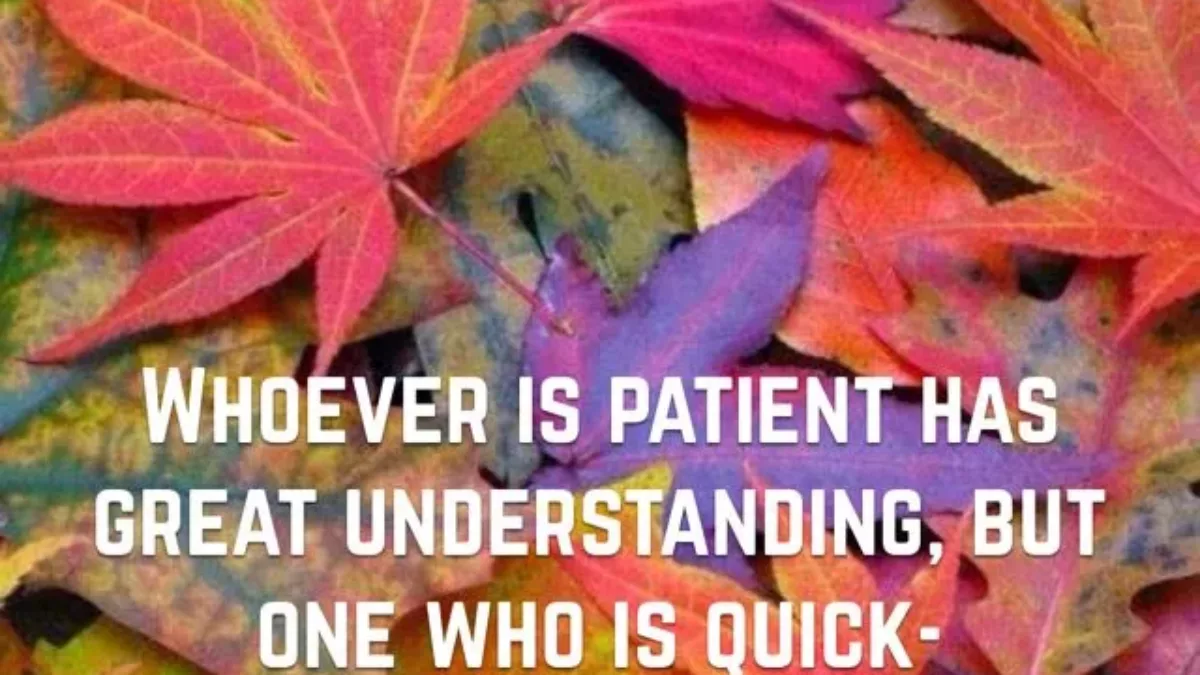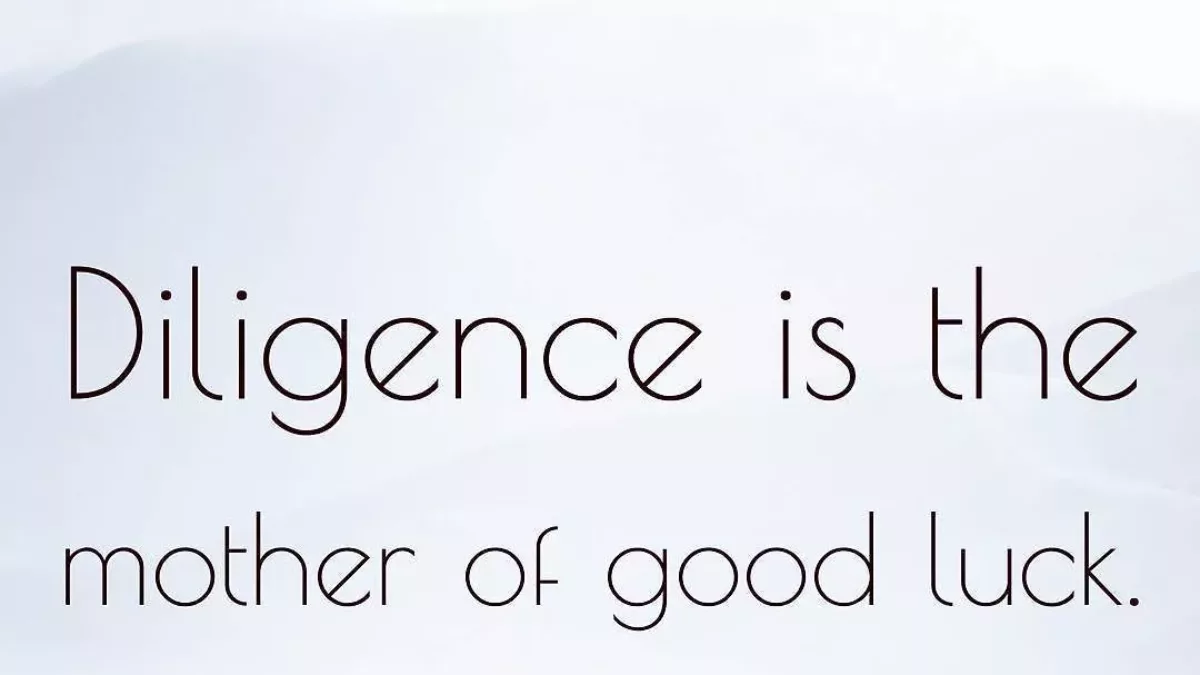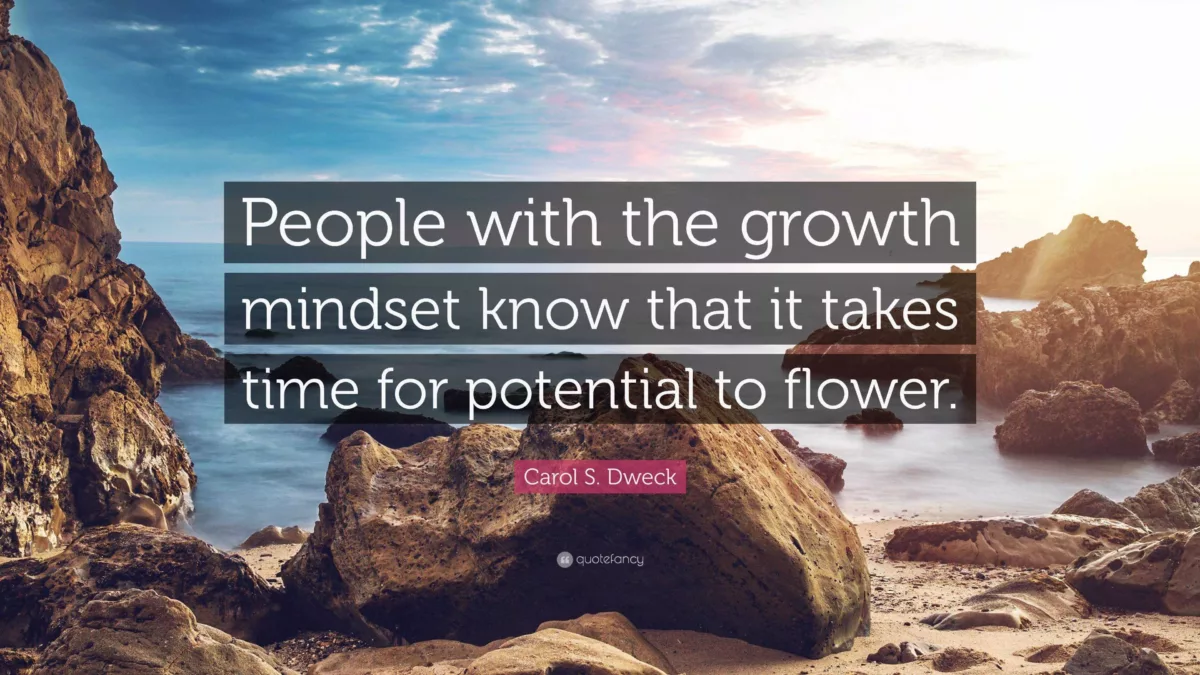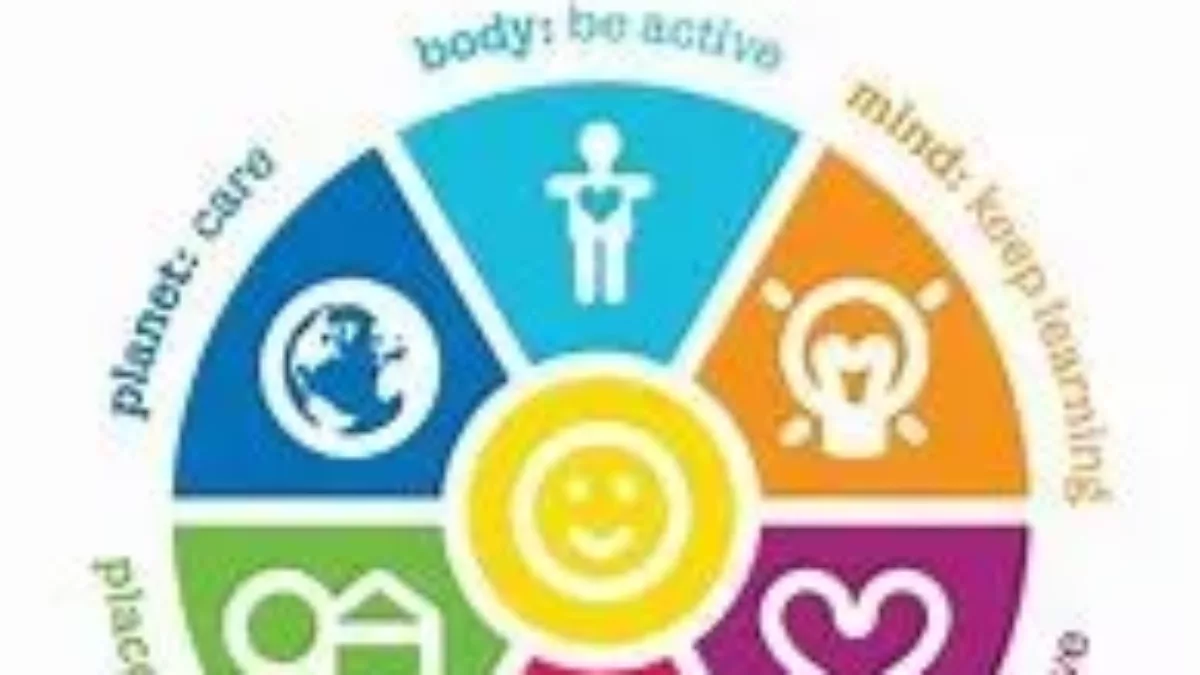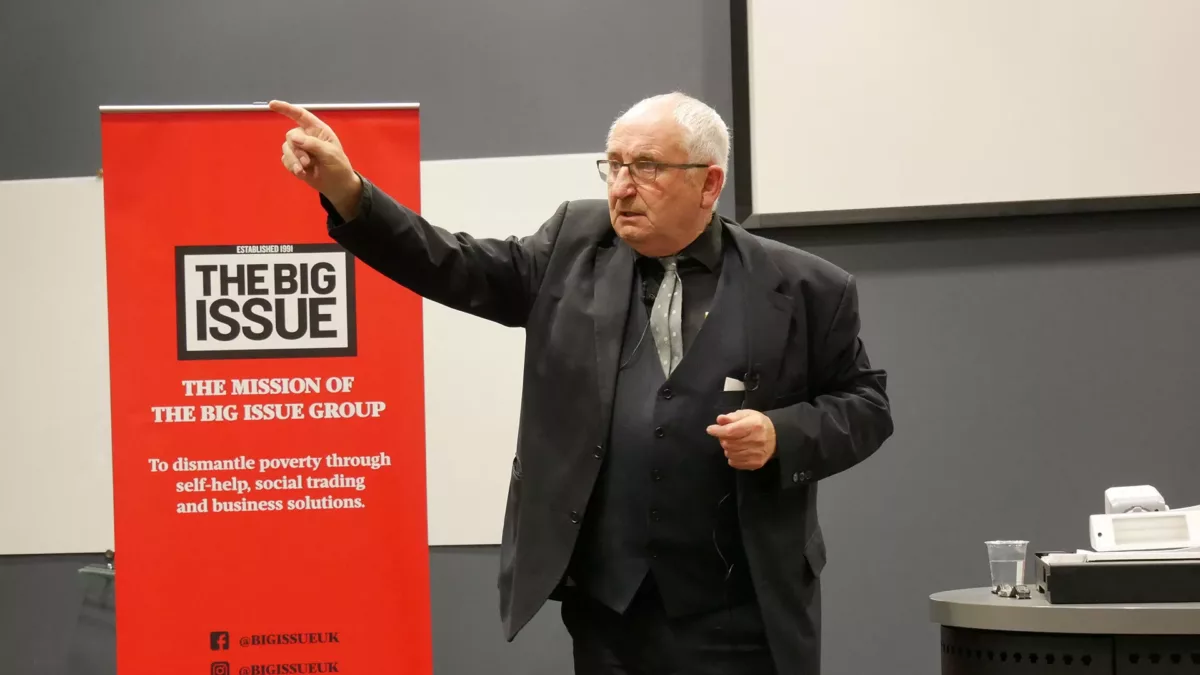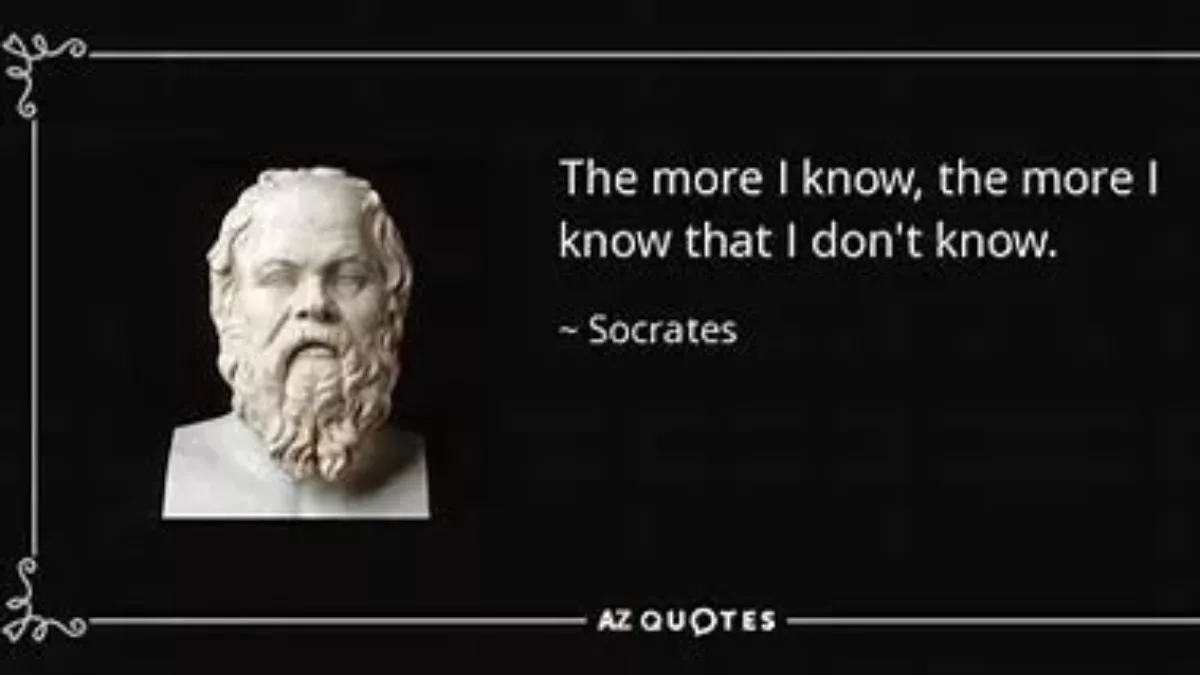BLOGS
BLOGS
understanding
‘Whoever is patient has great understanding, but one who is quick tempered displays folly’. (Proverbs 14:29 )
HOM: Questioning and posing problems
Solomon was a King of Israel remembered for his great wisdom. In the book of 1 Kings in the Bible there is a story in which having offered a sacrifice, God appears to Solomon in a dream and asks him what he most desires. Solomon asks for wisdom. Pleased, God personally answers Solomon’s prayer, promising great wisdom because he did not ask for self-serving rewards like a long life or earthly riches.
This week’s quotation comes from the biblical book of Proverbs, traditionally attributed to Solomon. It is an example of the biblical wisdom literature and raises questions of values, moral behaviour, the meaning of human life and right conduct. As the title of the book suggests, much of it is in the form of short catchy sayings, which continue to have a resonance today, both to religious and non-religious people.
The proverb points to the the importance of ‘great understanding’ and its connection to the virtue of patience. Without proper understanding of a situation, we may be quick to judge and quick to anger. It is only through a proper understanding of a person and their situation that we can exercise true empathy for them.
The understanding person weighs a situation carefully and reacts appropriately. A ‘fool’ is not necessarily a person who lacks intelligence but someone who loses their temper at the slightest provocation or at no provocation at all. Reacting from pure instinct without having gathered all the facts is pure ‘folly’.
And knowledge is not the same as understanding. We spend a lot of time in school getting to know about a lot of stuff but without understanding the meaning or application of that knowledge, it can be of little use. Knowing is static, while understanding is active, describing the ability to analyse and place those facts in the context of a bigger picture. It’s the step between knowledge and wisdom. When you comprehend the information you’ve learned, or knowledge, you understand it. When you understand the knowledge and learn to apply it to decision-making, you gain wisdom.
Right understanding is a precursor to acting wisely. And that requires the patience to listen, becoming properly informed and refraining from a hasty ill-tempered reaction. It is a quality we all need to develop so that we may act with greater empathy and wisdom towards others and the world in which we live.
Christine Crossley
